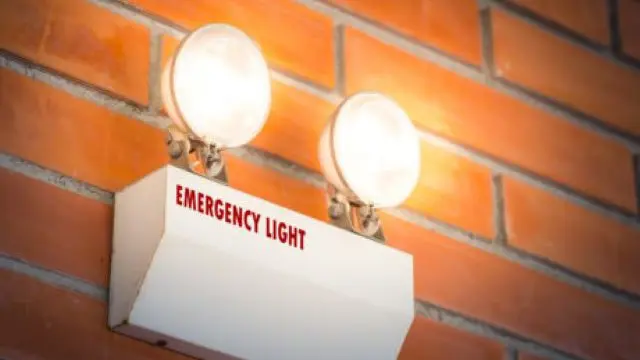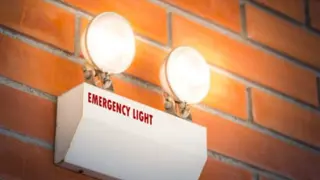
Security and Emergency Lighting - An Introduction
Online course, tutor supported, Tavcom Certificate
Tavcom Training
Summary
- Certificate of completion - Free
- Tutor is available to students
Add to basket or enquire
Overview
This Tavcom-certified Security and Emergency Lighting training course consists of 8 modules and is aimed at anyone involved in designing CCTV systems that have a lighting requirement.
Description
This Tavcom-certified Security and Emergency Lighting training course consists of 8 modules and is aimed at anyone involved in designing CCTV systems that have a lighting requirement.
The provision of supplementary lighting is essential to ensure that a CCTV system can capture high-quality images day or night, and yet it is a major component of a security solution which is quite often overlooked. Specifying the correct lighting at an early stage of a project’s lifecycle will ensure that time-consuming return to site visits can be avoided at a later stage.
What will you learn?
- The fundamentals of light including frequency and wavelength
- Light pollution and energy management
- Where light should be measured for CCTV cameras
- Legislation, codes of practice and governing bodies
- Perimeter, high security and commercial lighting
- System integration
- Emergency lighting
- Automated intelligent lighting systems and photocells
Questions and answers
Do I need to be a qualified electrician after this course to install cctv or install any security lighting?
Answer:Hi! You do not need to be a qualified electrician to install CCTV, Security Lighting, Intruder Alarms etc. However, the final connection of the system to a fused spur does need to be done by a competent person under the terms of the electricity at work regulations. This can either be done by an electrician or someone who can demonstrate competency having taken an electrical mains compliance course - which we also deliver training for.
This was helpful.
Certificates
Certificate of completion
Digital certificate - Included
Reviews
Currently there are no reviews for this course. Be the first to leave a review.
Legal information
This course is advertised on reed.co.uk by the Course Provider, whose terms and conditions apply. Purchases are made directly from the Course Provider, and as such, content and materials are supplied by the Course Provider directly. Reed is acting as agent and not reseller in relation to this course. Reed's only responsibility is to facilitate your payment for the course. It is your responsibility to review and agree to the Course Provider's terms and conditions and satisfy yourself as to the suitability of the course you intend to purchase. Reed will not have any responsibility for the content of the course and/or associated materials.


